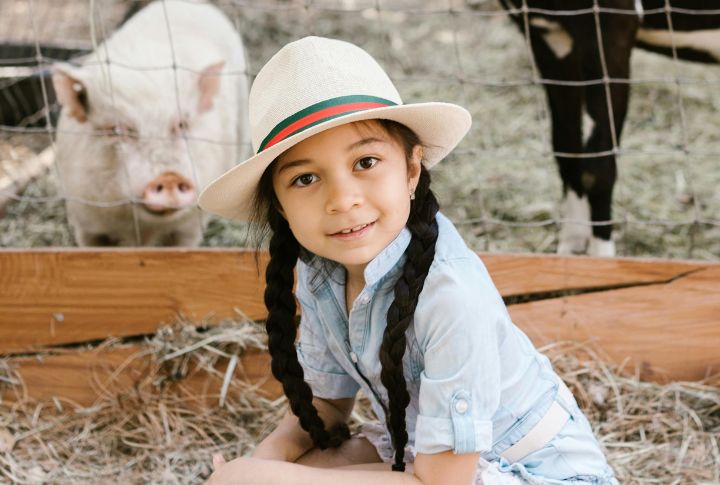
Country kids didn’t need city lights or shopping malls—their world was tractors, gravel roads, and a sky full of stars. Life felt slower yet strangely busier, shaped by chores and outdoor fun. Curious how those little things became lifelong memories? Let’s rewind to childhood, where mud boots beat sneakers.
Chores Before Sunrise

Life on a farm demanded discipline. At dawn, animals needed feeding, and cows needed milking; no excuses. Many kids even handled these tasks before school each day. Some operated tractors well before earning a license. These early responsibilities built habits of punctuality and time management that served them for life.
County Fairs As Major Events
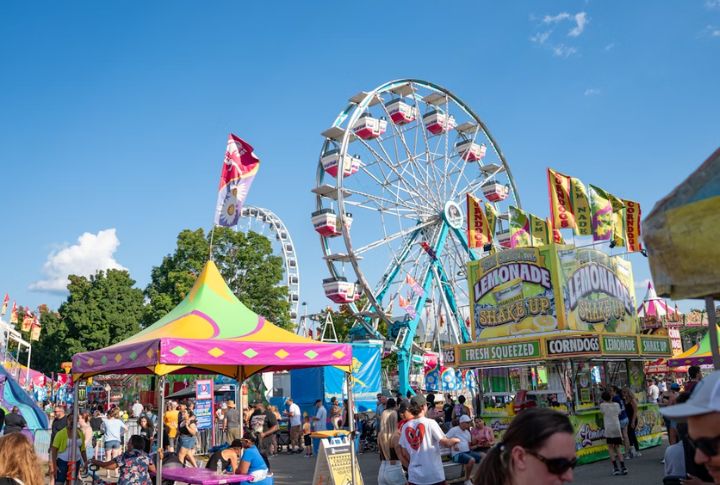
Fair week was a time when everything in town paused. Everyone came out to see 4-H projects, which included agricultural displays and educational exhibits created by local kids. People also watched livestock competitions and caught up with neighbors, and nights were filled with tractor pulls and challenges.
Long Drives For Essentials
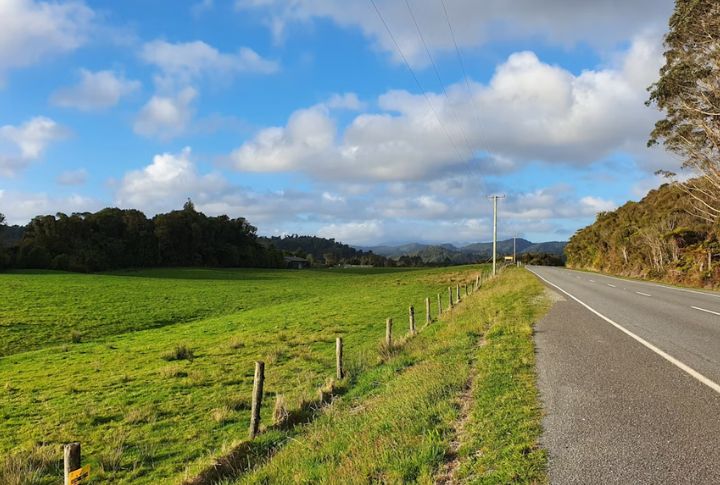
Living in rural meant nothing was close by. The nearest grocery store or hospital could be 30 to 60 miles away, so commutes were always long. So, families usually planned one big “town trip” each week. And honestly, even a gas station stop turned into a mini social hangout.
The Sound Of Silence
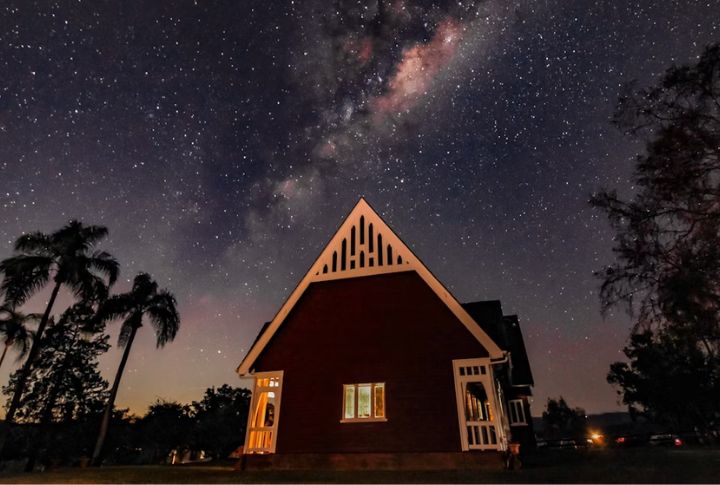
Nights in the country were a whole different world. With fewer people and no heavy traffic, everything quieted down naturally. Also, the stars looked brighter without city lights getting in the way. Instead of honking horns, you got crickets and frogs providing the evening soundtrack. It was beyond peaceful.
Limited Cell Service

Out in the country, getting a steady cell signal was hit or miss. One minute you had service, the next—nothing. Kids joked about sitting on hay bales to get a better signal. And some of those jokes were based on reality. Meanwhile, CB radios still worked reliably in kitchens and garages.
Driving At 14 (Or Earlier)
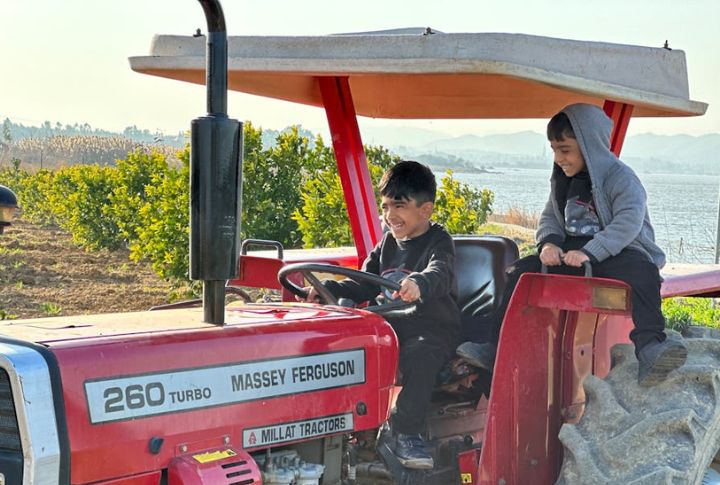
In farm country, driving wasn’t just for teenagers. By 14, kids were ready for their farm permit, but many had been driving tractors or trucks for years. Some mastered clutch control before riding a bike. Parking lots usually became the place where parents taught kids how to drive.
Church As A Community Hub
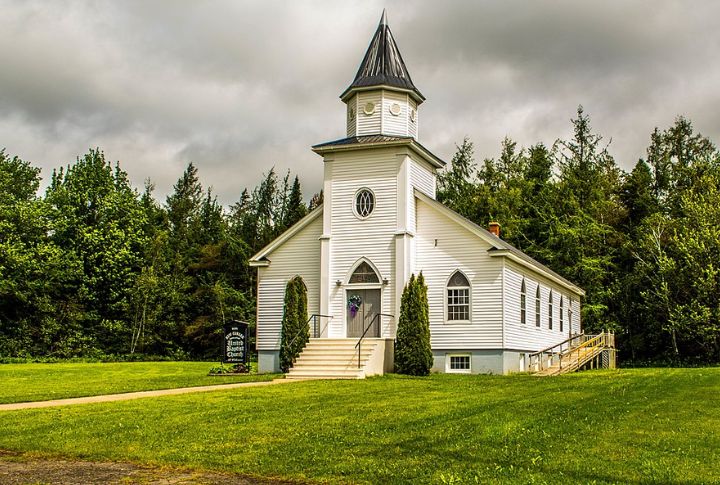
The church in rural towns was like a community center. Sundays didn’t just mean service; they meant potlucks where families shared their best home-cooked meals. Kids grew up in the church’s youth programs, and neighbors stayed close thanks to regular social events. Those meals brought people together, turning strangers into friends.
Seasons Dictate Life
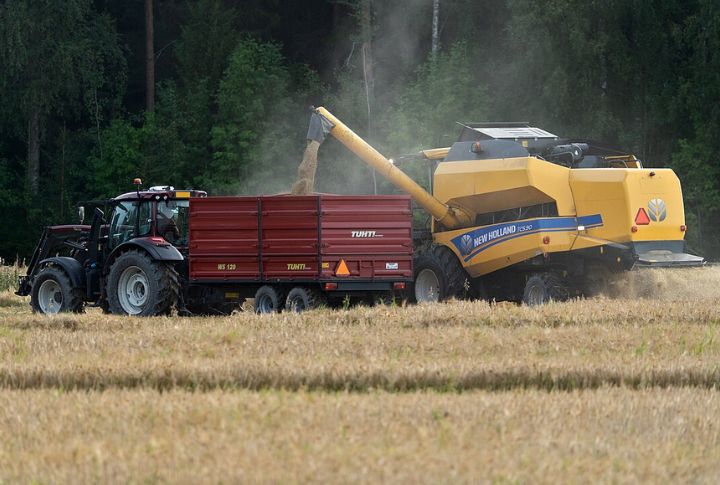
Seasons determined everything about farm life. The weather determined planting schedules, harvest timing, and even family routines. Kids could tell whether it was spring or fall just from the sounds of the tractor outside. And when school was canceled due to snow, it wasn’t a break—it meant extra chores with the animals.
Wildlife As Neighbors
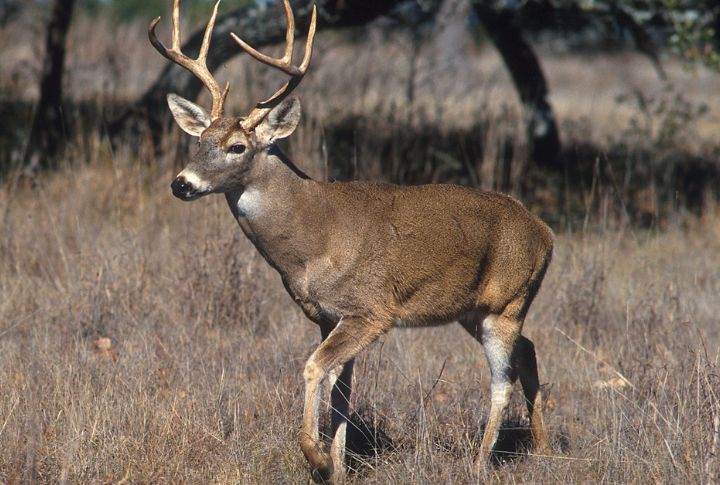
Out in the country, wildlife was just part of life. Deer wandering through the backyard? Totally normal. Raccoons sneaking around? No surprise. Coyotes howling after dark? Just another evening. Highways became animal crossing zones, and bald eagles soared above more frequently than you’d ever expect in the city.
Homemade Everything
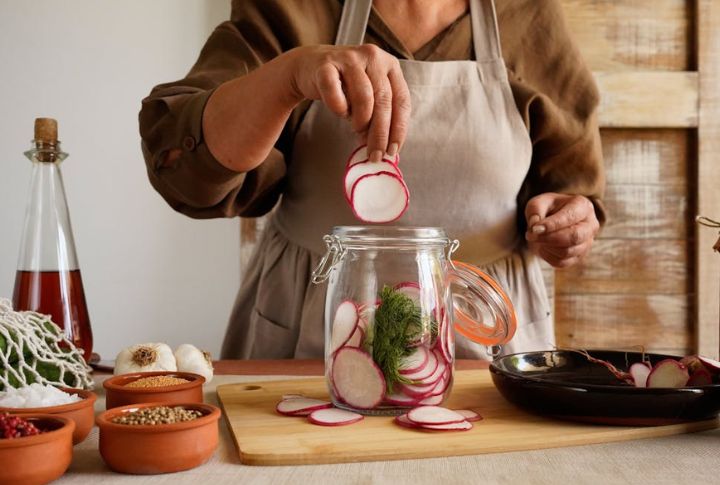
Rural households leaned on self-sufficiency. Vegetables came from the garden, eggs from the chicken coop, and pantries glowed with jars of preserves. Homemade pickles were the pride of many kitchens, even if their top quality lasted only months to a year. But they rarely stayed that long in the jar.

